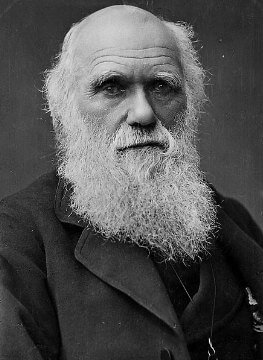Introduction
Click on an item to view:
The Existence of God
The Moral Argument
- What does atheism say about morality?
- Do morals actually exist, or are they an illusion?
- Do objective morals exist on their own without any need for God?
- Is morality subjective, varying by culture and individual?
- Does attributing morality to a “struggle for survival” mean those moral values are not true?
- How does God have anything to do with the moral sense we find in humanity?
A Beginning & The Kalam (“kuh-LAHM”)Argument
- Did the universe have a beginning?
- A universe “out of nothing”?
- Atheists’ attempts to avoid a beginning and a ghostly whisper from the moment of creation
- Is entropy further evidence of a beginning?
- An expanding universe cannot be past eternal and must have a beginning
- The kalam argument for God’s existence
- The kalam argument – conclusion
The Fine-tuning Argument
Leibniz’s Contingency Argument (philosophy)
- The cosmological arguments of Thomas Aquinas and G.W. Leibniz
- Leibniz’s idea of “necessary beings” and “contingent beings“
- Does everything, including the universe, have an explanation for its existence?
- Would it be possible for this particular universe not to exist?
- Is it true that “something must exist but no one thing exists necessarily”?
The Ontological Argument (philosophy)
1. “Possible worlds” and a “maximally great being”
2. Is it possible that a maximally great being actually does exist?
3. Is there additional confirming evidence for the concept of a maximally great being?
Summary Of The Five Arguments
Properly Basic Belief
Things That Don’t Make Sense
If God, Why Is There Suffering?
1. The emotional problem of suffering: a rejection of God
2. The impossibility argument: “It’s impossible for God and suffering to coexist.”
3. The improbability argument: “It’s highly improbable that God and suffering can coexist.”
God’s “Origin”
God’s “Hiddenness”
Jesus’ Claim To Exclusivity
The Problem of Miracles
1. Was Spinoza correct in presupposing that the laws of nature were immutable?
2. Was Hume correct that our common experience supports the laws of nature rather than miracles?
3. Were Strauss, Barth and Bultmann correct in presupposing that miracles were impossible?
How To Avoid Having To Present Evidence For Atheism
How Can We Know About God?
General Revelation: Nature and Conscience
1. How is it possible to know anything at all about God?
2. What happens to those who have never heard the gospel?
Special Revelation: Jesus’ Resurrection
1. What is “special revelation”?
2. Did Jesus die, and was he buried in Joseph of Arimathea’s tomb?
3. Did a group of women find Jesus’ empty tomb?
4. Were there post-mortem appearances of Jesus to various groups of witnesses?
5. Would Jewish culture explain the idea of an individual being resurrected?
6. What about competing theories that attribute the resurrection to natural means?
Special Revelation: The Bible
1. We believe in Jesus Christ, therefore we believe in scripture
2. The historical reliability of the gospel accounts
3. Can scripture be inspired, authoritative and confluent?
The Search For Meaning
1. Why does it matter if God exists?
2. What are the elements of a sound worldview?
3. What does theism have to offer that atheism and pantheism are missing?
4. What are the differences between the three major monotheistic religions?
5. How can Christianity provide greater meaning for my life?
A Credible Argument



